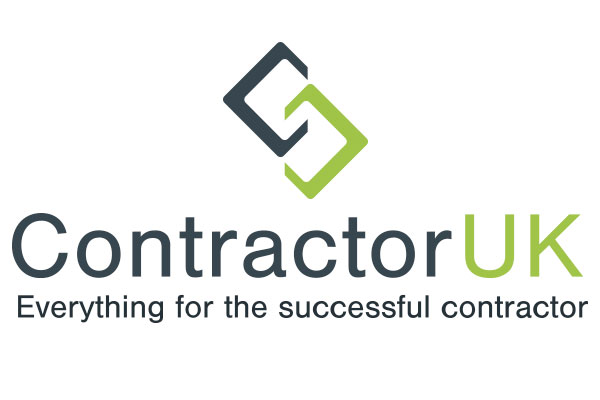Contractors, will your limited company’s digital assets be protected after your death?

As the digital landscape expands, so does the importance of effectively managing your online legacy as a business owner, writes Ines Ben Hassine of digital law firm Gerrish Legal.
It’s business, not (just) personal
For contractor limited companies specialising in technology and the cloud, the notion of ‘digital assets after death’ holds huge implications, which require careful consideration on both a personal and professional level.
Following our introduction to digital assets after death as a contractor, let’s now delve further into the intricate fabric of digital estate planning, exploring the contractual clauses, asset management strategies, financial implications, and ethical considerations that contractor limited company-owners must navigate to ensure a seamless digital transition when they’re no longer around.
Who would you choose as your digital executor?
The concept of a ‘digital executor’ has emerged as a cornerstone of digital estate planning. This designated individual takes on the responsibility of managing and distributing your individual or corporate digital assets, post-mortem. Who’s going to be your digital executor, or who do you know who would make a good one for you and your company?
Before you start to name names, consider that most contractors will need to consider both the legal and practical aspects of appointing a digital executor within the context of their company. That means understanding the scope of the executor’s duties, their rights and powers, and the legal framework that underpins their role.
At the same time as mulling your digital executor, explore if “do not bot me” clauses are appropriate for you in your role as a contractor limited company director or provider. With a legal adviser’s help, these clauses can be meticulously tailored to protect not only your digital presence but also your company’s branding legacy online. Even without an adviser’s help, it’s worth mapping out the potential challenges and advantages of including such clauses in your company’s contracts, as they can serve as a testament to your business’s values and ethos.
Navigating digital assets: Domains and client connections
The digital-assets-after-death challenges faced by contractor limited companies in the IT sector revolve around managing domain names, websites, and online platforms, and each will require a specific strategy. On behalf of your company, you’ll likely want to emphasise the significance of maintaining uninterrupted access to these virtual gateways. And that means learning or getting guidance on how to integrate precise instructions for their management and transfer into your ‘digital estate planning documents’ to ensure continuity.
Similarly, the reliance on ‘digital’ as a means for communicating with your clients can present its own set of complexities. Diligent estate planning as a PSC means addressing now the nuances of transitioning these crucial connections after you’re gone. Should your commercial contracts continue, you should grasp the implications of what maintaining client relationships through digital channels will look like. Does your company’s personnel other than you know the strategies to uphold privacy regulations while ensuring a smooth transition of communication channels?
The crypto conundrum: safeguarding digital holdings
The realm of cryptocurrencies introduces distinct challenges to contractor limited companies holding them.
Understanding the importance of securely storing access keys and private wallets is vital, as is exploring strategies for transferring ownership to beneficiaries while mitigating risks.
As crypto-assets start to mature in the digital estate planning arena, the web of legal considerations will seem all the more intricate because tax considerations will surround their transfer. Will there be potential tax liabilities? Are there other regulatory requirements on your contractor limited company which need addressing because they are tied up with the passing on of cryptocurrency holdings? A tech-centric business needs to arm itself with guidance to ensure a seamless and compliant transition, and then ensure that such guidance isn’t just the knowledge of a single person or at least, document it for others in your place to read, digest and act upon.
Paving the path for continuity: Succession planning
The sudden loss of a key individual could reverberate through a contractor limited company to the extent it could spell that corporation’s end. Critical, therefore, is a robust business continuity plan; infrastructure that mitigates operational disruptions and strategies that can uphold the company’s reputation. Ensuring your digital legacy remains intact is an understandable corporate and individual goal as a director.
Tied to this, transferring the company’s reins to successors is a delicate task that demands thorough preparation. When you’re in good health is the right time to confront the intricacies of training successors to effectively manage and maintain your company’s digital assets. You’ll need to dissect the knowledge, skills, and transfer-process that ensures a seamless transition and honors your legacy.
Final thoughts
In this era where digital legacies are etched in bits and bytes, the onus lies on invariably digital asset-rich tech sector contractor limited companies to forge a path that ensures their online presence transcends their physical existence. By diving into crucial dimensions of digital estate planning, a director should be able to shape a legacy that resonates in the virtual realm, while safeguarding the values and identity that they — and their business — have worked hard to cultivate over their lifetimes.






